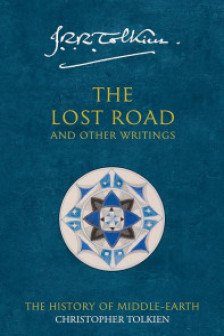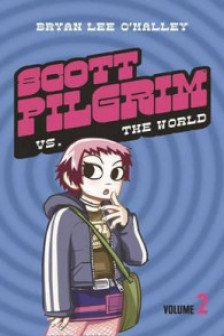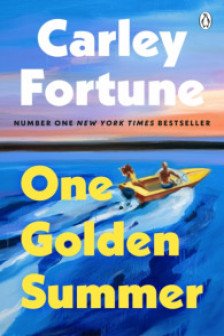Pana la livrare gratuita Chisinau 400 lei
Pana la livrare gratuita National 700 lei
Total cos : lei
The Seagull (Arcturus Classics)
_1710148215.jpg)
gen_produs
CARTI IN LIMBA ENGLEZA
ISBN
9781838575793
Cod Produs
723328
Ultima carte
195 lei
-
+
A play ought to be written in which people should come and go, dine, talk of the weather or play cards... because that is what happens in real life - Anton Chekhov
Chekhov demolished the conventions of traditional Russian theatre and created something new that proved hugely influential. His aim was to create a slice of life with naturalistic settings, mundane conversation and acting that brought the everyday on stage.
The Seagull, 1895, is the first of his four major plays. The four main characters, guests on a tranquil estate in the Russian countryside, are Nina, a beautiful young actress who can't act; Konstantin, a talentless playwright, and his mother Irina Arkadina, a fading theatrical diva; finally, there is successful writer of middling books, Boris Trigorin. Konstantin shoots a seagull and, much to her horror and disgust, gives it to Nina as the set-up becomes a recipe for romantic and artistic fallings-out, compounded when they all meet up a second time.
Although Chekhov called this a comedy, there's nothing cheerful here. By always snatching at love and success, his characters block out happiness; the author is satirizing human foibles which we soon recognize in ourselves. When the play was first performed, it was booed off stage. In 1898, after the production by Stanislavski that marked the birth of modern theatre, it became a major triumph and Chekhov took his place in history.
ABOUT THE SERIES: The Arcturus Classics series brings together high-quality paperback editions of classics works, presented with contemporary graphic cover designs. Together they make a wonderful collection which is perfect for any home library.
| Name | Contacts | Stoc |
|---|---|---|
| Magazin 418 | Chisinau , bd. Moscovei 9/5 078747418 | Stock limited |
Livrare gratis
Livrare gratis de la 400 lei in raza orasului Chisinau.
Livrare Moldova gratis de la 700 lei in afara razei orasului Chisinau.
Suport Clienti
Suport pentru clienti pe telefon si email .
079 545 544
Plata cu cardul
Plata cu card securizat
Achitarea prin intermediul bancii











